Ophthalmology focuses on vision and eye health, offering diagnosis and treatment for cataracts, glaucoma, retinal diseases, and refractive vision problems.
Send us all your questions or requests, and our expert team will assist you.
Overview and Definition
Vision is perhaps our most precious sense, processing 80% of the information we encounter daily. When that sense is compromised—whether by the blur of myopia, the clouding of cataracts, or the stealthy progression of glaucoma—it affects every aspect of life. Ophthalmology is the medical and surgical branch of medicine dedicated to the anatomy, physiology, and diseases of the eyeball.
At Liv Hospital, we have transformed the traditional eye clinic into a high-tech “Vision Correction Hub.” We understand that international patients visiting Turkey are often seeking more than just a check-up; they are seeking a life free from glasses and contact lenses. By partnering with global technology giants like Zeiss and Alcon, we offer a level of precision in “Smart Lens” and laser surgery that rivals the best institutes in Europe and the US, often at a fraction of the cost.
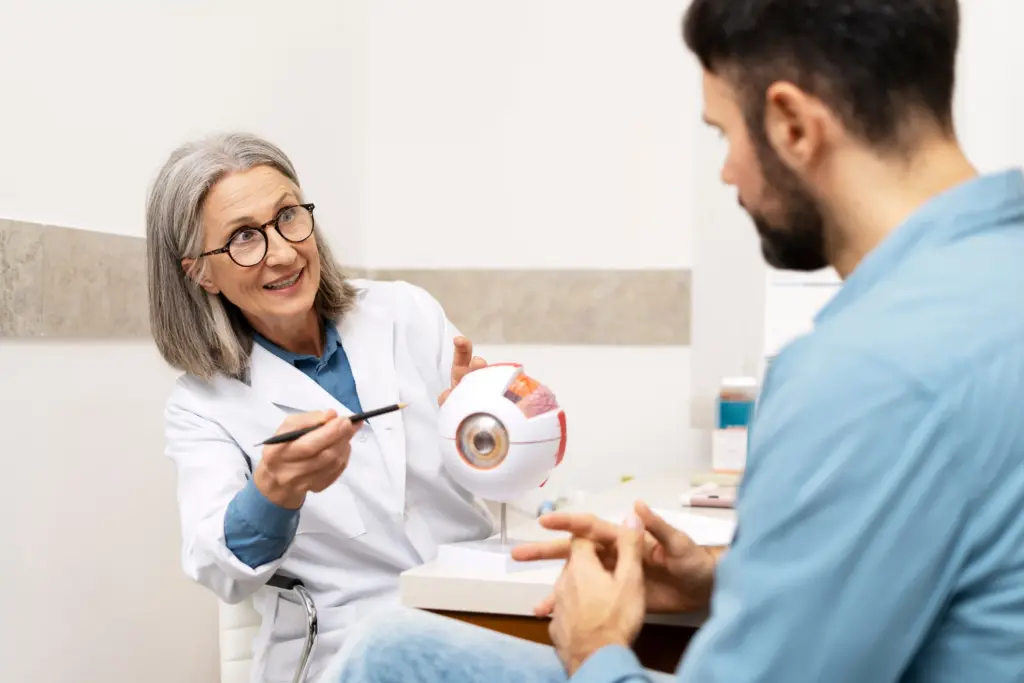
Navigating eye care can be confusing due to the different titles used in the industry. Understanding the difference ensures you see the right expert for your needs.
At Liv Hospital, our Ophthalmology Department is a comprehensive medical and surgical unit.
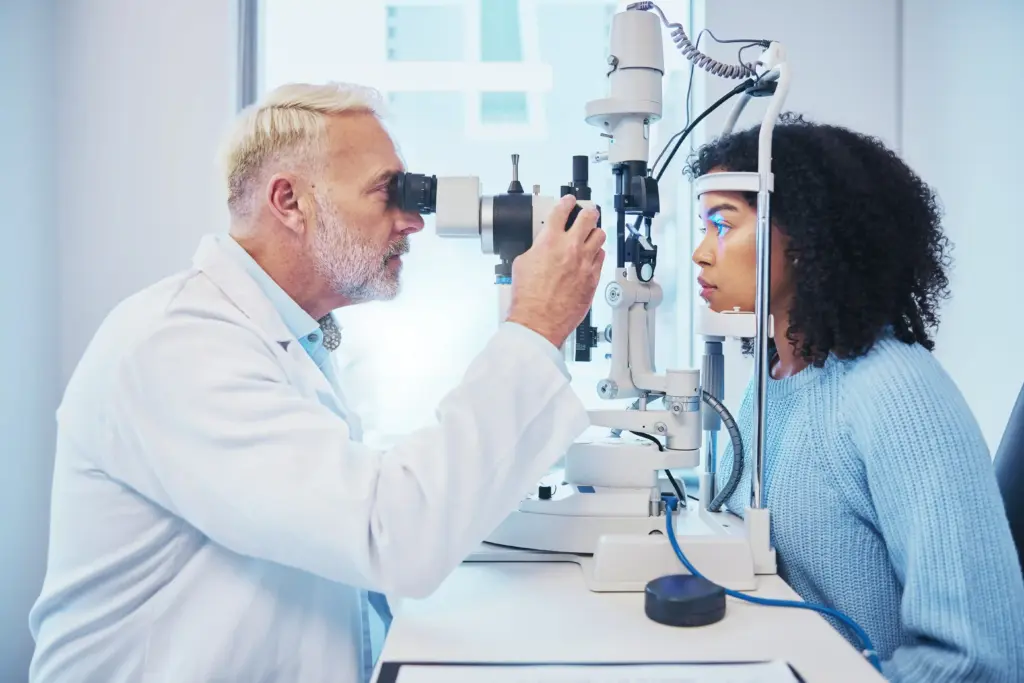
A Smart Lens is a technologically advanced artificial lens implanted into the eye to replace your natural lens. Unlike standard “monofocal” lenses used in basic cataract surgery—which only clear your distance vision but still leave you needing reading glasses—Trifocal lenses have three distinct focal points:
The lens surface features microscopic “diffractive rings.” As light enters the eye, these rings split the light into different focal points simultaneously. Your brain naturally learns to select the correct focus automatically.
Why Choose Liv Hospital for Smart Lenses? We do not use generic lenses. We exclusively implant FDA-approved premium lenses from top-tier manufacturers:
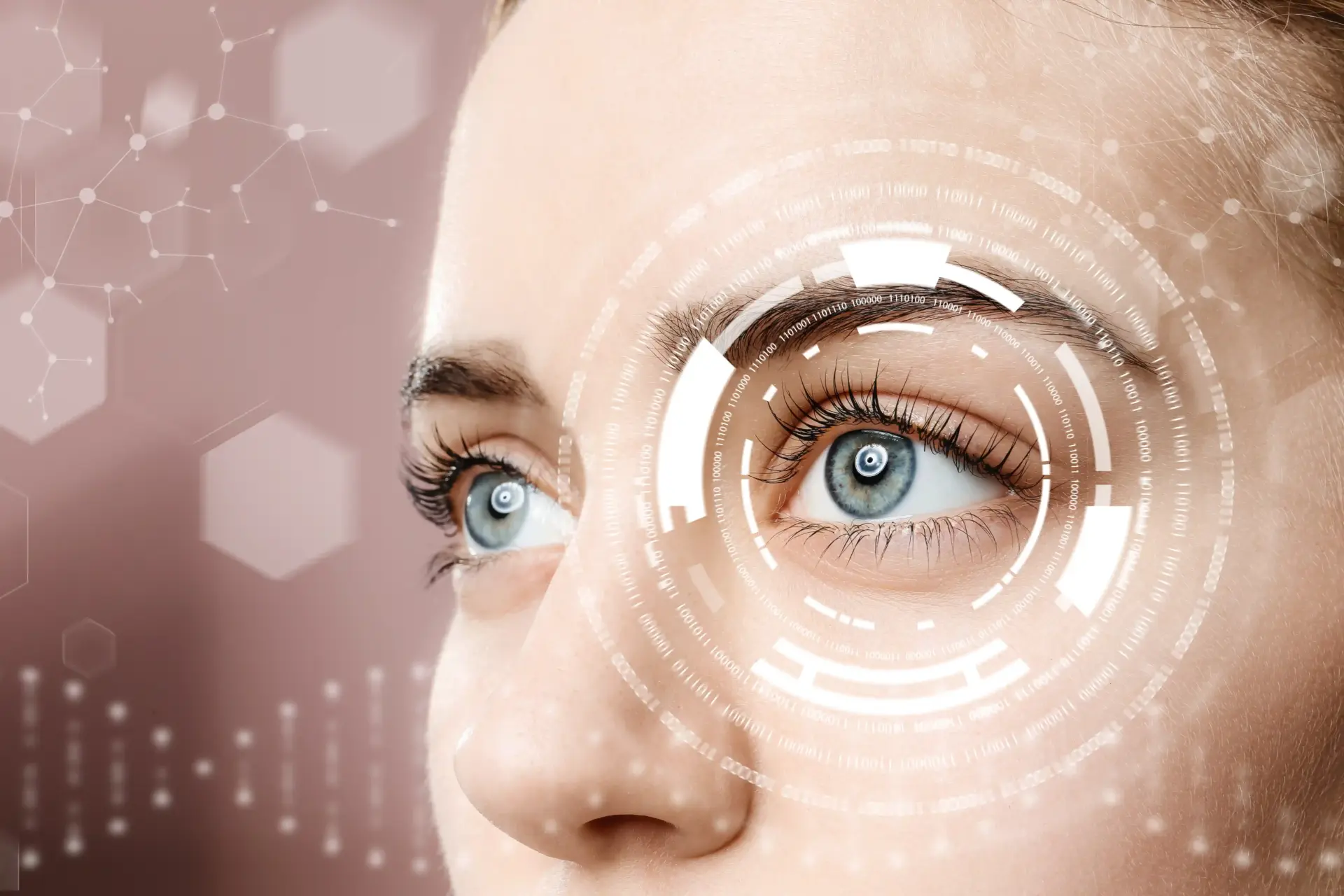
For younger patients (ages 18–40) who wish to escape the hassle of contact lenses, Refractive Laser Surgery is the gold standard. Liv Hospital is equipped with the latest generation of lasers to treat myopia (nearsightedness), hyperopia (farsightedness), and astigmatism.
We offer a personalized approach, selecting the specific laser method that suits your corneal thickness and lifestyle.
SMILE (Small Incision Lenticule Extraction) is the 3rd generation of laser surgery.
Send us all your questions or requests, and our expert team will assist you.
iLASIK combines two lasers for ultimate precision:
For patients with thin corneas who are not eligible for LASIK or SMILE, we offer TransPRK. The laser removes the surface epithelium and reshapes the cornea in a single step, with no contact from surgical instruments.
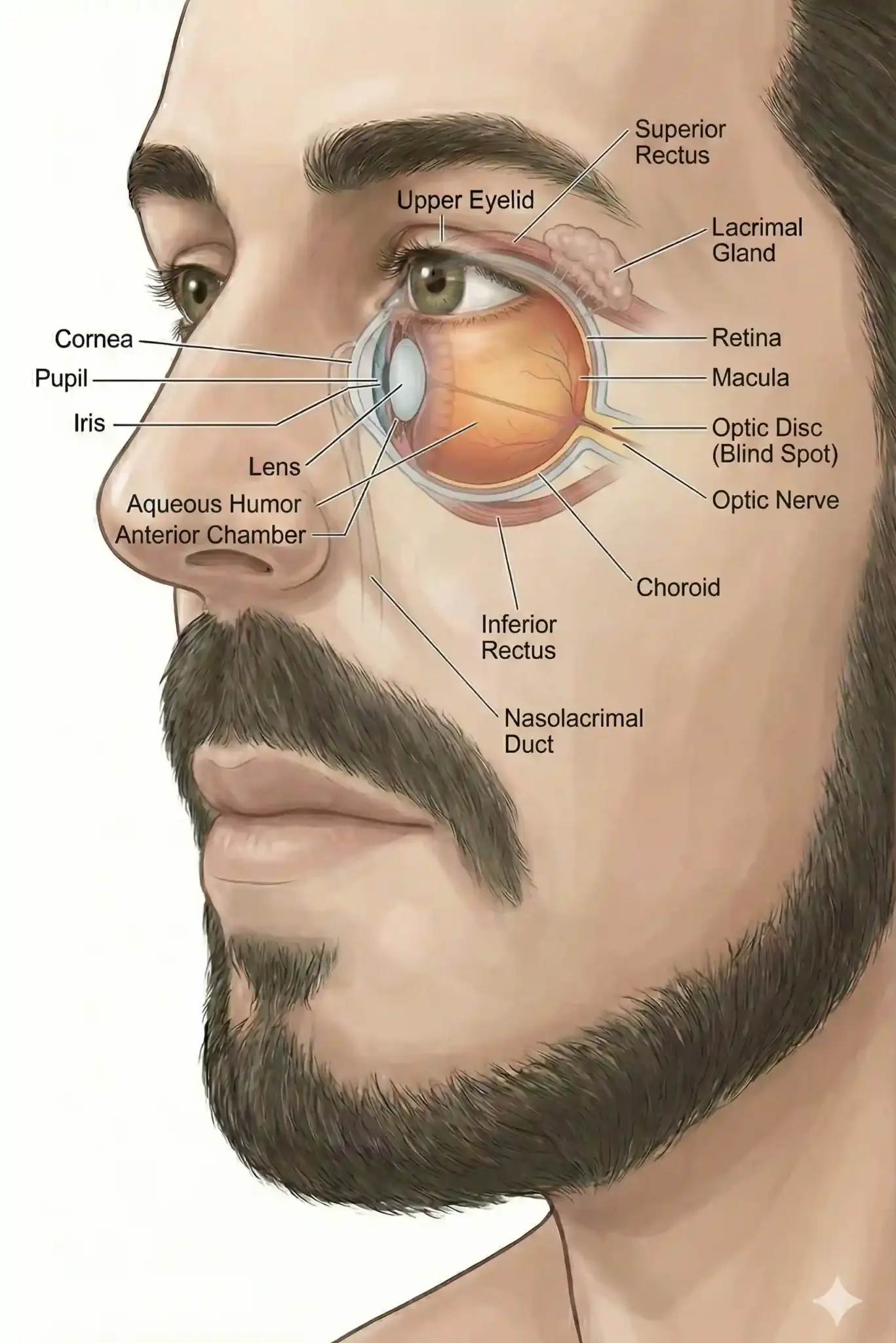
The eye is a complex organ, and “general” ophthalmology is no longer enough. Our department is divided into specialized units to treat specific structures of the eye.
The retina is the “film” of the camera. Damage here is often irreversible if not treated quickly.
Glaucoma is the “silent thief of sight,” damaging the optic nerve often without pain.
Children are not just small adults. Their vision development is critical in the first 7 years of life.
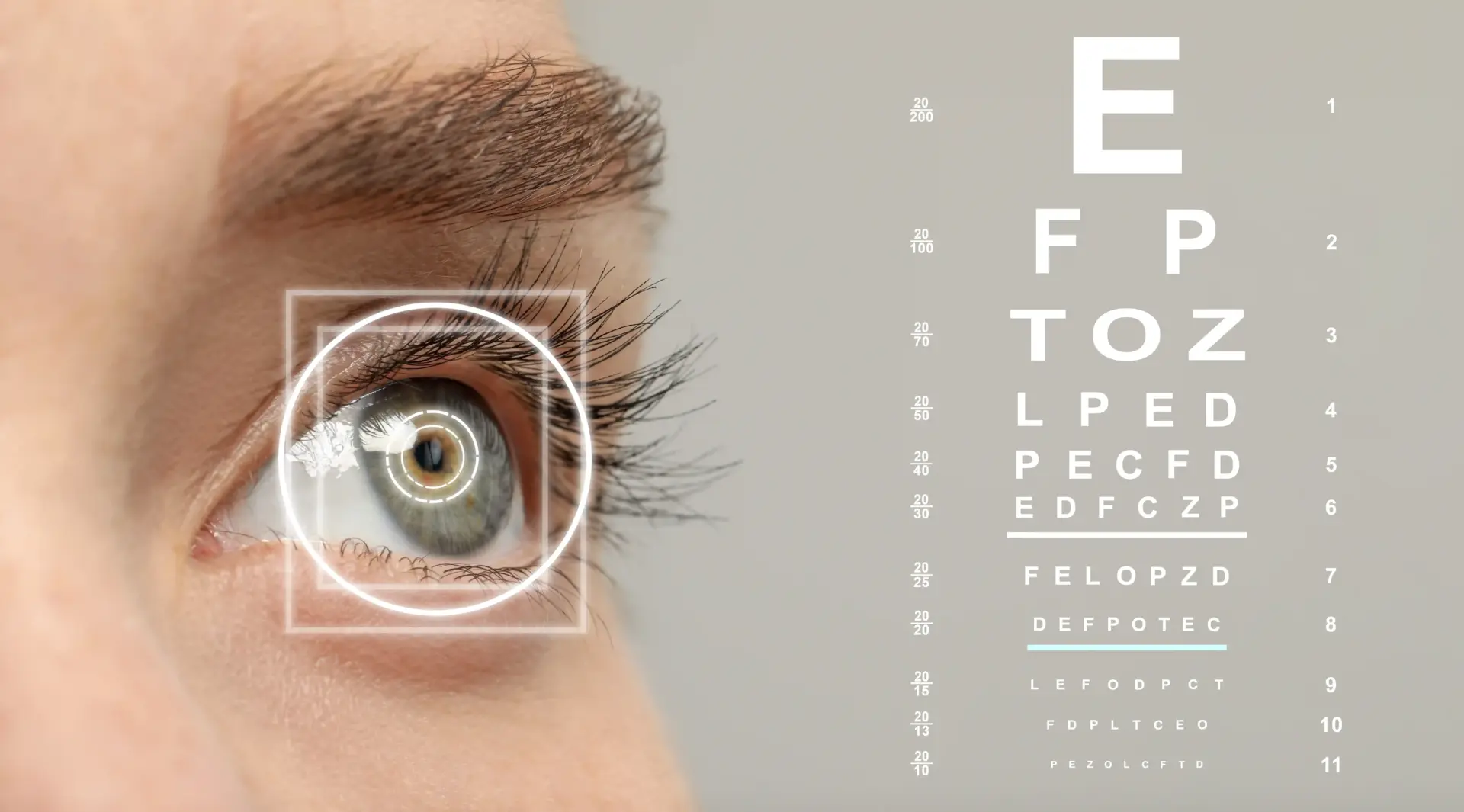
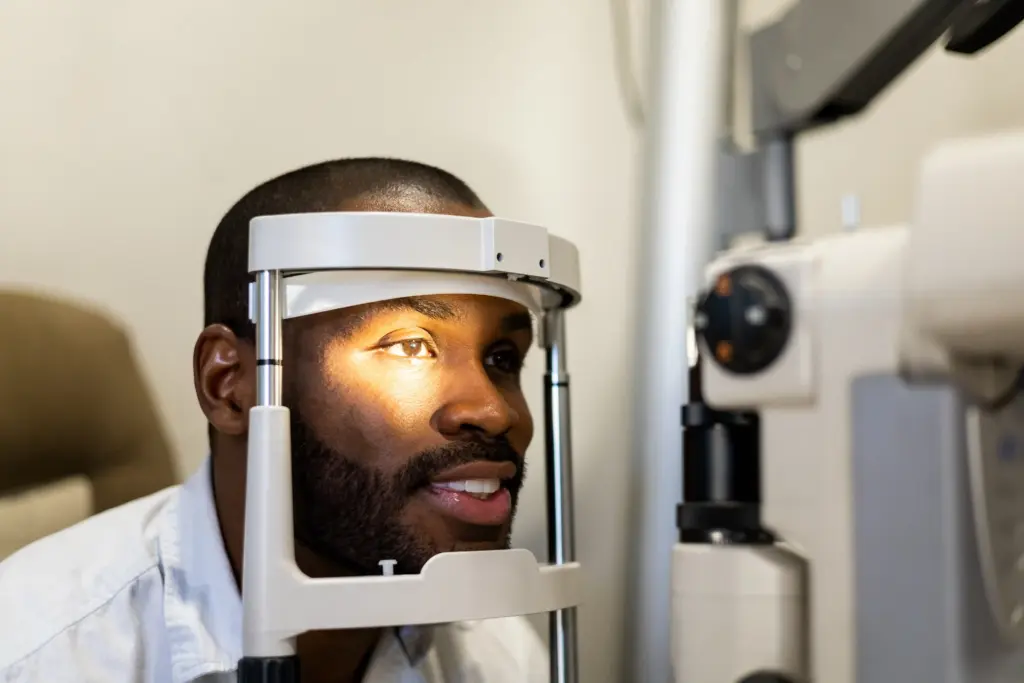
A successful surgery begins with a perfect diagnosis. At Liv Hospital, we do not rely on simple eye charts. Our pre-operative suite includes:
Medical tourism for eye care is booming, but safety varies. Liv Hospital offers specific advantages for the international patient:
Recovery after eye surgery is usually quick. Patients should use antibiotic and anti-inflammatory drops as directed. It’s important to protect the eyes from bright light by wearing sunglasses and to avoid rubbing them. Regular yearly check-ups help maintain good results and monitor eye health.
Send us all your questions or requests, and our expert team will assist you.
Eye surgeons hold either a Doctor of Medicine (MD) or a Doctor of Osteopathic Medicine (DO) degree and have completed a specific residency in eye care.
After four years of college and four years of medical school, a specialist completes at least one year of internship and three years of residency, totaling a minimum of 12 years of education.
Yes, as medical doctors, they can prescribe a wide range of oral and topical medications to treat eye infections, inflammation, glaucoma, and other conditions.
They are trained to recognize and manage systemic diseases that manifest in the eyes, such as diabetes and hypertension, often coordinating with other specialists.
While some insurance plans require a referral, many private practices allow patients to schedule appointments directly for routine exams or specific concerns.

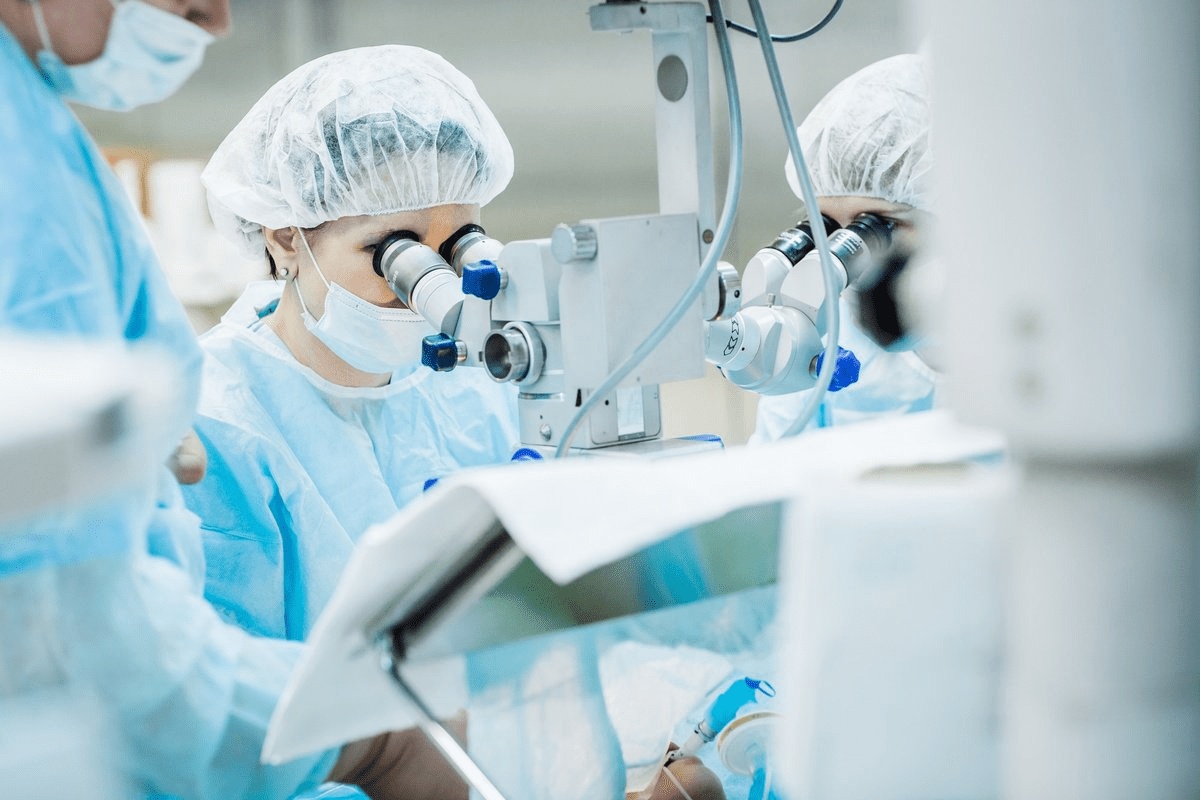
Epiretinal membrane, also known as macular pucker or epiretinal pucker, is a thin scar tissue layer on the macula. It can cause blurry vision and
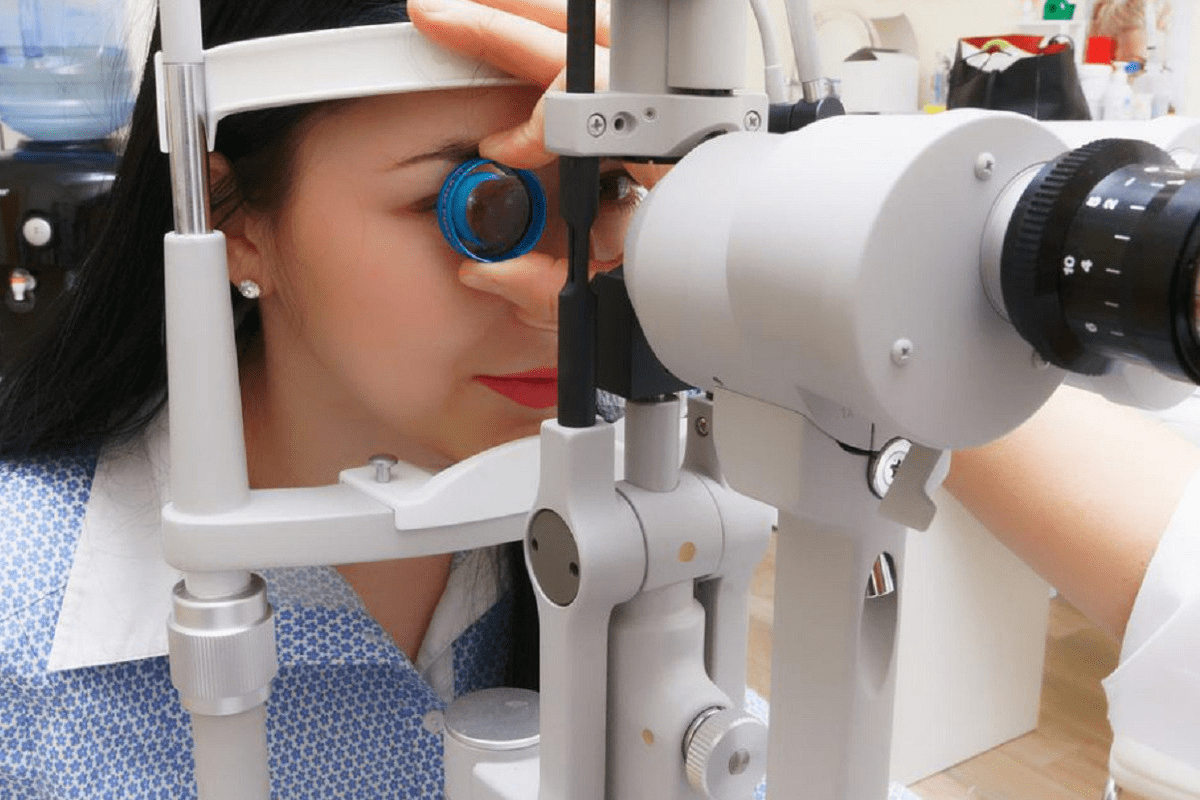
Vision problems and blurry central sight can really mess up your day. Epiretinal membrane pucker is a big reason for these issues, mainly in older
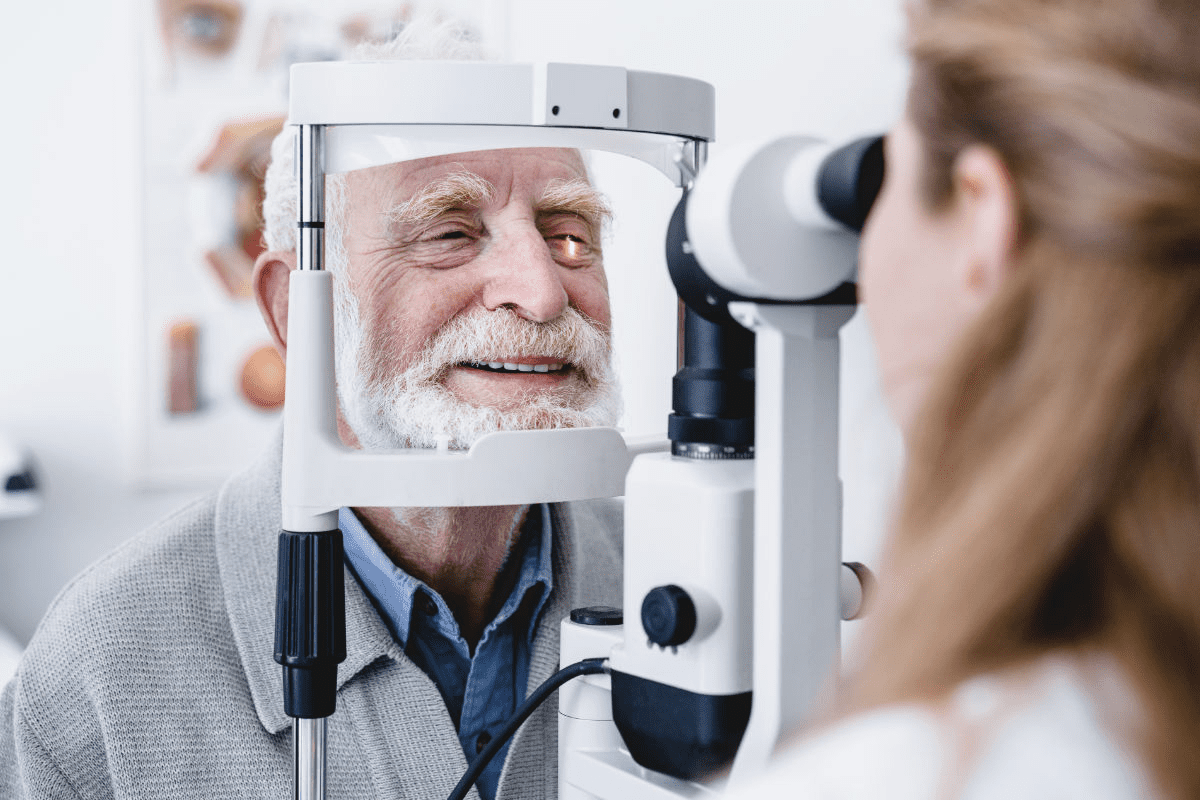
Epiretinal ERM pucker, also known as macular pucker, is a condition. It forms a thin layer of scar tissue on the macula. This causes vision
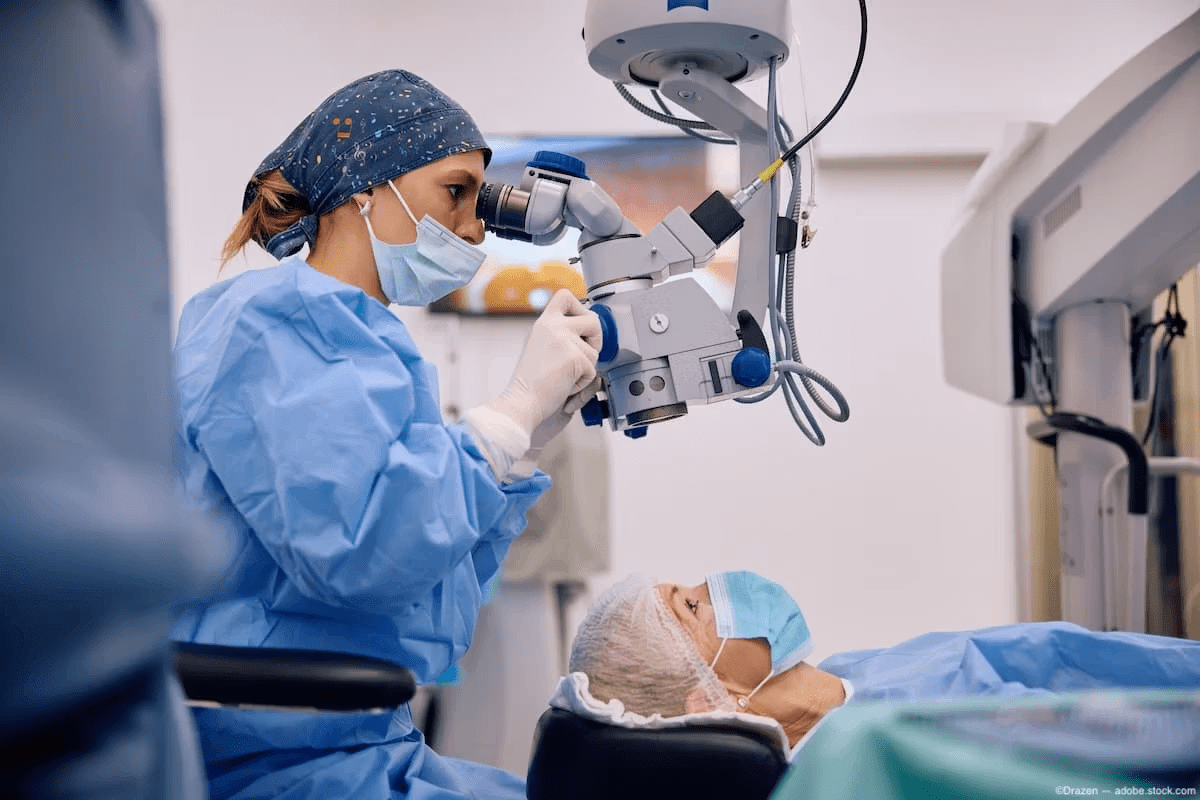
An epiretinal membrane (ERM) is a condition where a layer of cells forms on the retina’s surface. This layer, which doesn’t have blood vessels, can

An Epiretinal Membrane (ERM) is a thin layer of tissue on the retina’s inner surface. It can cause vision problems. This condition, also known as
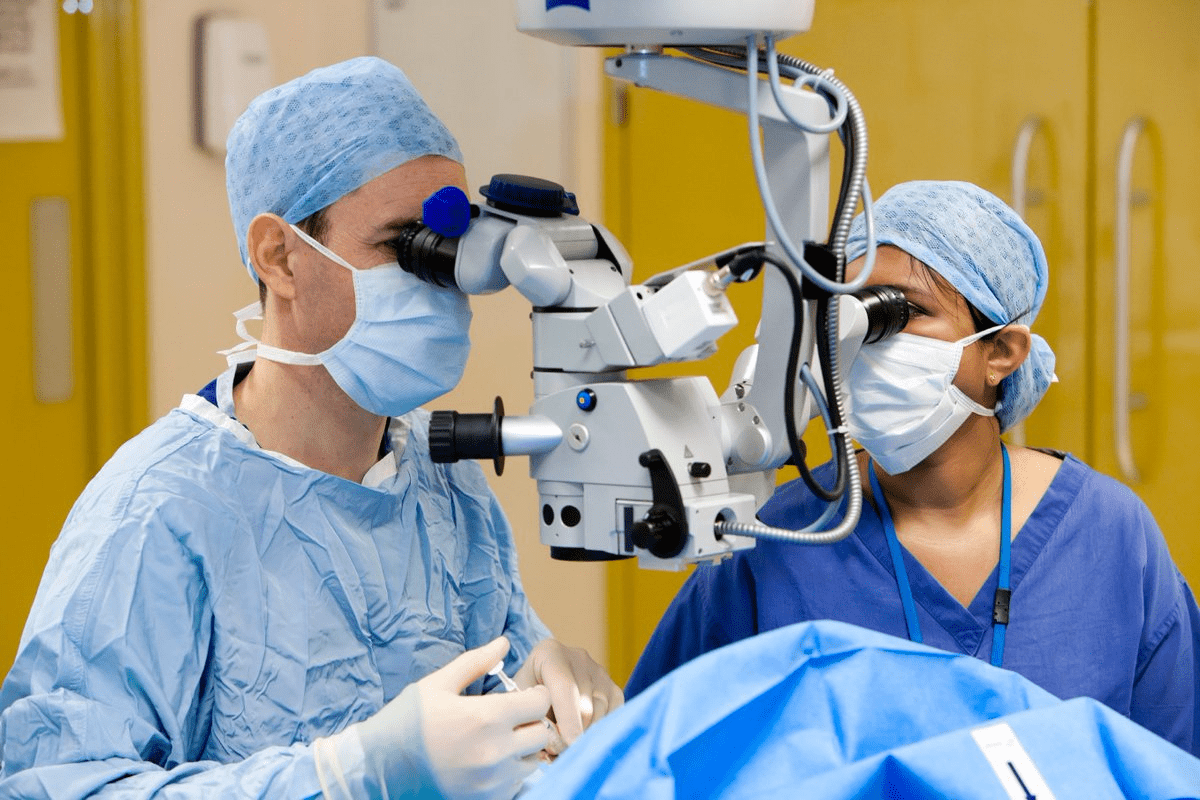
Bilateral optic disc edema is a serious eye problem that needs quick action. It often shows there’s a big issue inside the body, like high

Leave your phone number and our medical team will call you back to discuss your healthcare needs and answer all your questions.
Your Comparison List (you must select at least 2 packages)